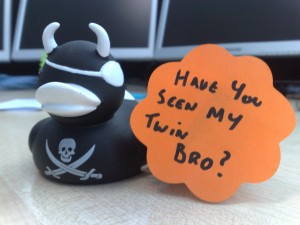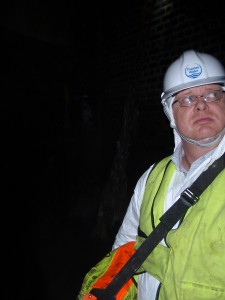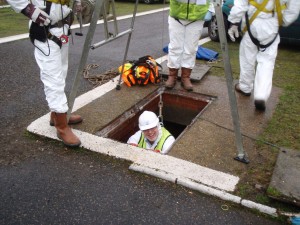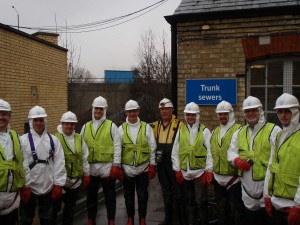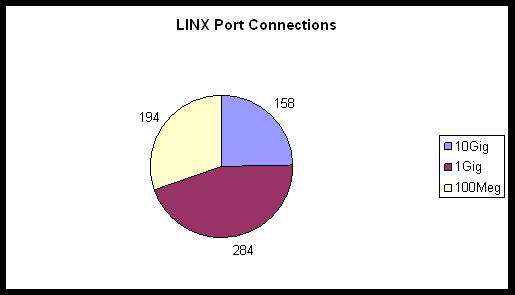It looks like nothing was found at this location. Maybe try a search or one of the links below?
Met with the Home Office, Office of Security and Counter Terrorism (OSCT) today. Not unsurprisingly the OSCT has grown from zero to over 200 staff in 18 months although only three of them are internet oriented.
The department’s mantra is the 4Ps:
Pursue – police & security forces
Protect – making UK a harder target
Prepare – for the eventuality there will be another attack
Prevent – stop people becoming violent extremists in the first place
One of the subjects under discussion was part of the report produced by The International Centre for the Study for the Study of Radicalisation and Political Violence (ICSR) – blogged about the other day. Specifically how to go about promoting more positive use of the internet.
They talked about “flooding the internet” with positive messages about Muslim groups quitely practising their religion and not indulging in fanaticism that leads to violence. I though the idea of flooding the internet was somewhat ambitious.
What they really mean is that one of the proposals is to educate groups on how to make the best use of the internet to get their positive messages across. Search Engine Optimisation etc. I could imagine the Government secretly paying Google to raise the rankings of websites promoting peaceful activities 🙂 !
It is worth taking a look at at the Alliance Of Youth Movements Summit that took place in New York (New York) in December 08. This get together was part of a drive to promote the positive use of the internet.
